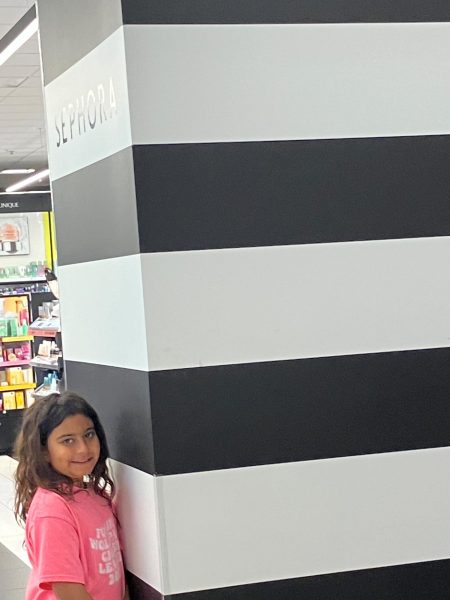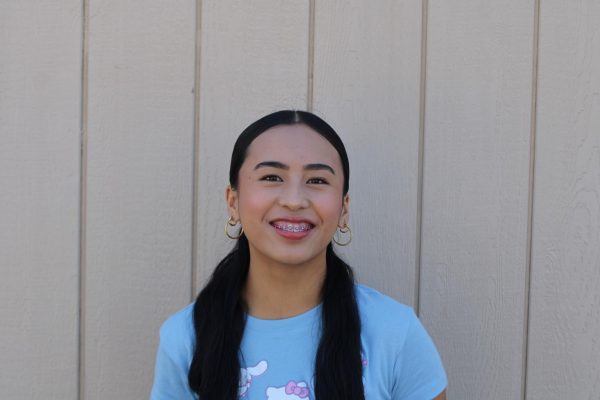Social media is a platform designed to make and follow trends. With apps like TikTok and Instagram, it’s hard not to get caught up in the whirlwind of popular items, raging controversy, and viral sensations. However, how does this affect our younger generations? From what current stories tell us, I can say that it’s not positive.
Lately, we have seen more and more young children on these platforms. A specific group of kids, dubbed “Sephora kids” by users online, have been heavily influenced by makeup and skincare brands targeted towards adults. By seeing products like anti-aging serum, exfoliating retinol, and hydrating hyaluronic acid, these 10-12-year-olds feel they must use these items to fit into today’s beauty standards.
The whole concept of a “Sephora kid” is sad to see. It’s almost like young girls try to grow out of their childhood as quickly as possible. Tendencies like this make them seem fully grown and mature, despite their real age. I believe that these days, children, including the “Sephora kids,” are not acting their age due to the many influences of social media.
At 11 years old, I remember loving shopping at Justice. I would buy neon-colored leggings, bright pink tops, and packs of colorful scrunchies. After that, my mom would take me to Claires, where I would purchase looped plastic chokers and matching unicorn necklaces. Right now, you can find 11-year-olds overtaking Ulta Beauty, Lululemon, and most notoriously, Sephora. They wear UGGS slippers and hold limited-edition Stanley cups while entering stores in large, unsupervised groups. According to many employees who encounter these types of kids, they’re often known for being unmanageable and unnecessarily rude.
There are reports of these children even wrecking Sephora display stands by mixing popular skincare products into a “skincare smoothie,” which they also use outside the store. These products include Drunk Elephant, Buble, Glow Recipe, and more. Unsurprisingly, most trending brands are known for having acids and ingredients harmful to young skin. Because of this, many consumers agree that Sephora should put an age limit in their stores to not only prevent havoc but also prevent young girls from ruining their skin in its infancy.
Seeing kids act this way is honestly shocking. They’re practically adults in prepubescent bodies. Of course, not all children behave like this, but the majority we see in the media are guilty of seeming older than they are. As someone with a younger sister, I can say from personal experience that coming across elementary schoolers like this is, unfortunately, becoming the norm. From ten years old to 20, everyone deserves the right to childhood. By continuing to let pre-teenage girls run amok with bad attitudes and “grown” mentalities, they’ll never truly experience what it feels like to be a kid. Social media can be dangerous, and we’re seeing this firsthand with this generation’s “Sephora kids.”
These young girls do not deserve to feel the pressure of society at such an early age. Hopefully, when seeing today’s children, influencers and brands realize that targeting them can change their lives, and not in a good way. While I still wonder when Christmas presents went from toys to skincare, I sympathize with kids’ situations and wait for the days when they can act their age again.











